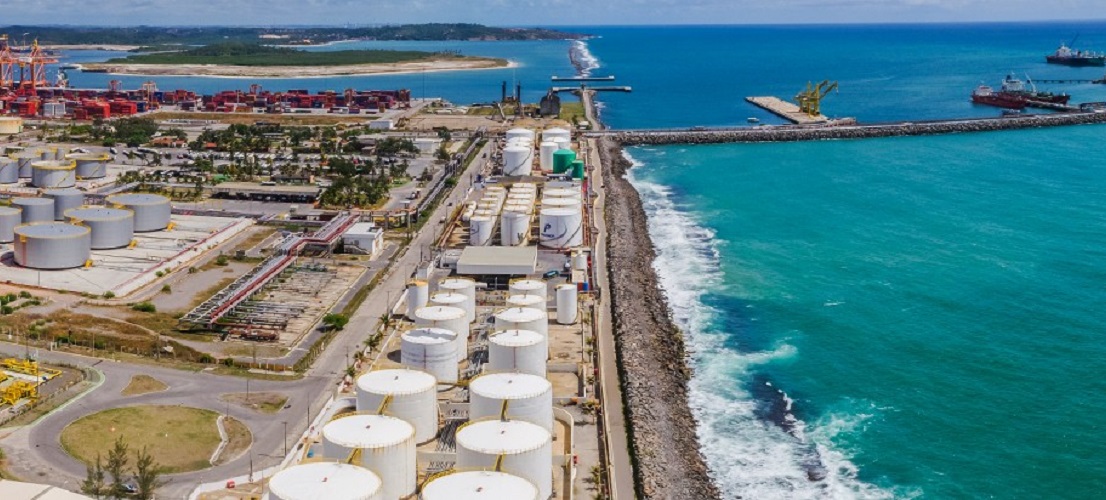
Suape to receive a R$1.2 billion gas terminal
Jul, 15, 2021 Posted by Ruth HollardWeek 202128
The Suape industrial and port complex in the metropolitan region of Recife will build a new storage terminal for Liquefied Petroleum Gas (LPG). The structure is the result of a partnership between Nacional Gás, of the Edson Queiroz Group, and Liquigás and Copagaz, from Copa Energia, to meet demand throughout the Northeast. The R$ 1.2 billion investment will generate 1,000 new jobs during the construction phase.
The new terminal will have a 90,000 m3 tank infrastructure unit in addition to implementing pipelines to move the raw material and make the logistic connections.
In addition, he said, a new technology will be implemented in Brazil whereby the gas is stored refrigerated to reduce the volume; this allows increased storage capacity. The forecast is that the 60,000 m2 terminal will hold around 1.5 million tons of LPG annually.
“We already have a previous investment here in Pernambuco, and now we decided to diversify. We are going to work in the infrastructure sector, and we are starting with port infrastructure. This is a great opportunity to invest in tanks, given the modernization and revision of the LPG gas supply model by Petrobras. Let’s take advantage of the terrain where we are to include this new project”, detailed the president of the Edson Queiroz Group, Carlos Rotella, in a meeting with Governor Paulo Câmara (PSB) on July 14th. The contributions began with R$ 20 million invested in the requalification of the company’s LPG filling unit facilities by Nacional Gás, essential to the new project.
Source: Jornal do Comércio
To read the full original article, visit the link:
-
Other Logistics
Oct, 26, 2022
0
Rail companies VLI, Rumo, Petrocity to build 5 new railroads in Brazil
-
Meat
Jan, 05, 2024
0
Brazil Forecasts Surge in Meat Exports in 2024 Driven by Chinese Demand
-
Ports and Terminals
Sep, 13, 2021
0
Imports at Suape break record in August at over US$ 900 million
-
Ports and Terminals
Jul, 20, 2021
0
Vitória VTMIS registers zero accidents within the port for the first semester



